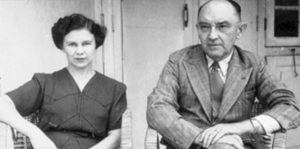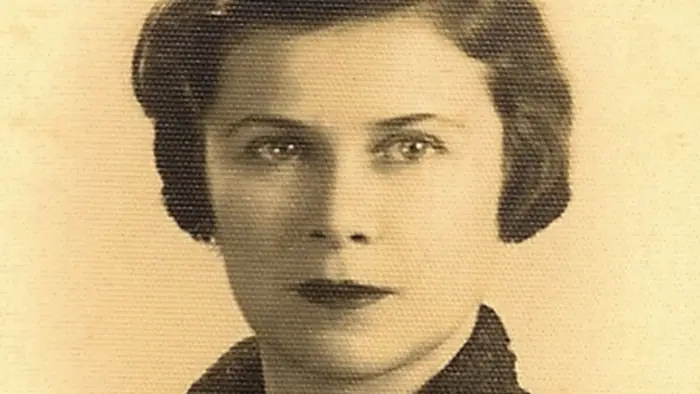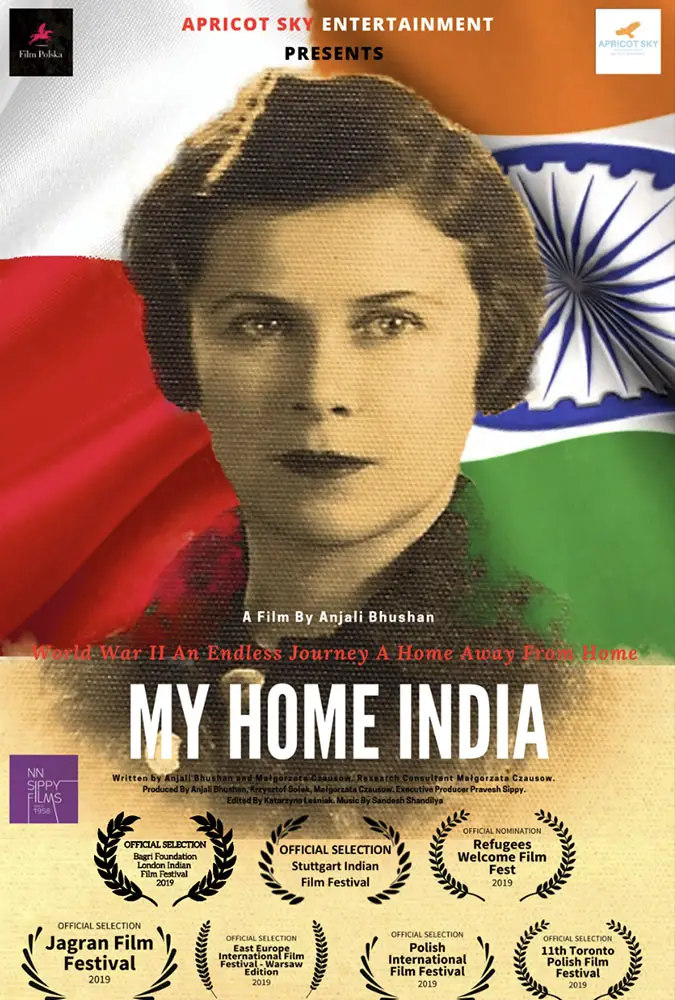
Heroes come in all shapes and sizes. But it’s the ones who don’t have social media accounts and high-priced publicists, that make them perfect subjects for documentaries. In the film, My Home India, director Anjali Bhushan brings to light a little known event, a courageous individual, and the rare positive example of resolving a refugee crisis.
In 1939, Hitler’s Germany invaded Poland to kick off World War II. In a pre-arranged agreement with the Soviet Union, Germany would invade the western half of Poland, and the USSR would take the eastern half. During that invasion, 1.5 million Poles were sent to work camps in Siberia. Many deportees died from cold, hunger, and malnourishment.
Soon the balance of power would shift in the war, and Germany would become too powerful. As a result, the USSR would ultimately free their Polish prisoners, but freedom would not include a free ride home or protection during the rest of the war.

“…when these strange foreigners encroached on India’s soil, they were embraced…with open arms.”
While the events of World War II would play out, the newly freed Poles would find refuge in Mumbai, India. But when these strange foreigners encroached on India’s soil, they were embraced by their new host country with open arms. Locals would provide food and clothing for the Polish refugees. Their treatment by the Indian people would be described as “sympathetic” and “compassionate.”
During their time in India, one woman would rise up and act as the liaison between the two cultures. That woman is Kira Banasinska, the wife of Poland’s Consul General in India. She would take up the mantle in integrating the Polish refugees with their host country of India. She helped establish much needed medical services through the Polish Red Cross and help bring two very different cultures together.
Filmed not so long ago, My Home India would bring back many of the survivors of the Polish refugee camps. Most of the survivors were children during the USSR invasion and deportation. They would recount their time in India, their warm receptions, the challenges of living in a new culture, and of course, Kira Banasinska herself. At just over 100 years old, Banasinska herself reminisces about her time in India and the home she established there.
My Home India was pulled together for posterity before its stories would be lost with age. The documentary itself is fairly no-frills featuring standard talking-head interviews and personal photos from their experiences. But what strikes us as odd in today’s world, is just how positive the stories were between India and the Polish people. Graciousness replaced animosity. Hospitality replaced fear and paranoia. Lack of frills aside, My Home India is a heartfelt story of a strong woman making a home in a new land and a country that took its responsibility to the refugee crisis seriously.

"…one woman would rise up and act as the liaison between the two cultures."

Thank You 😊🙏🏻😇